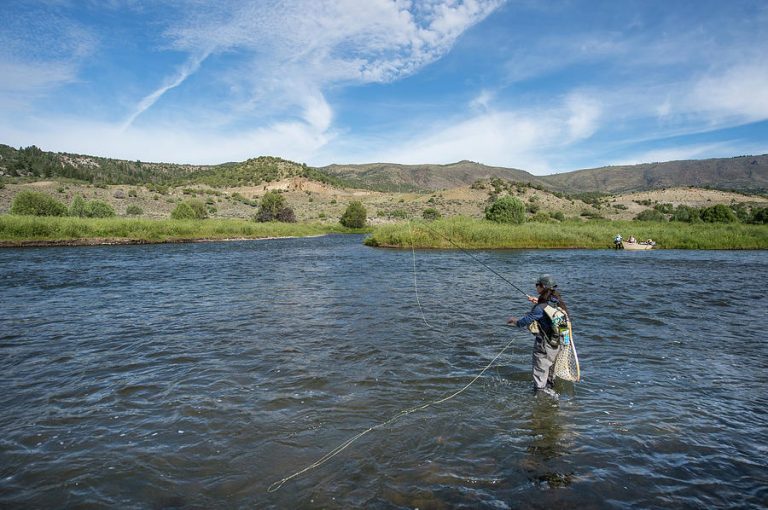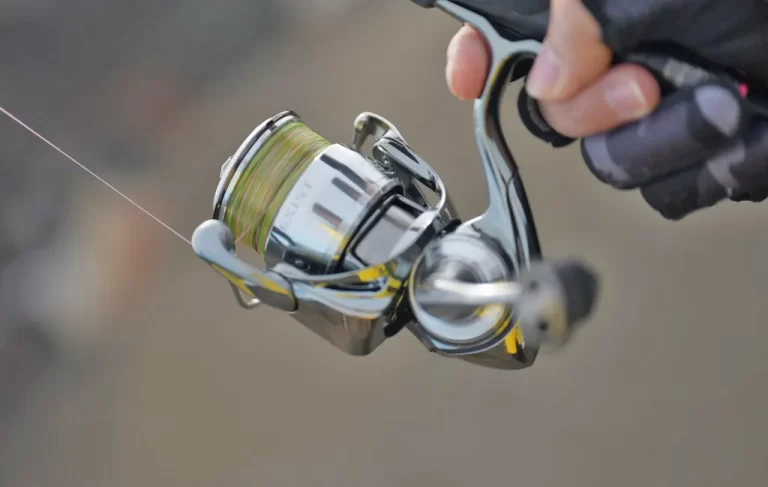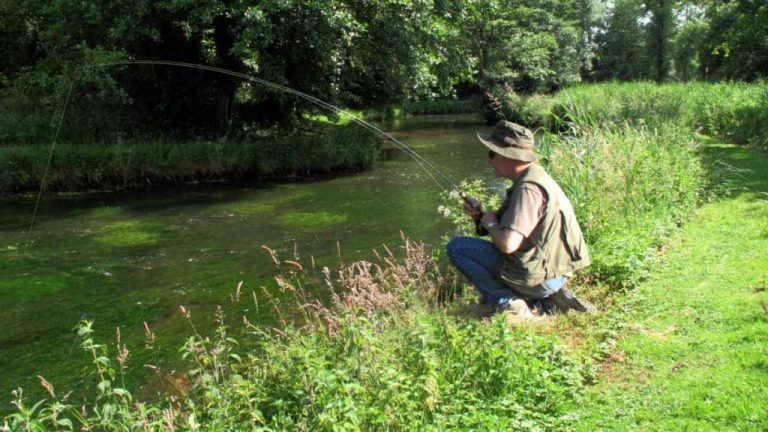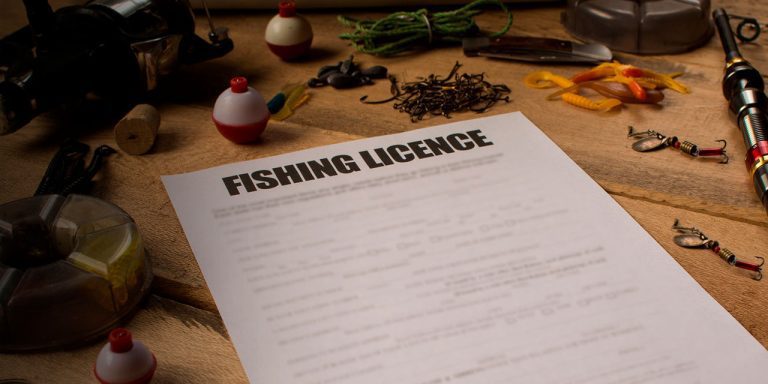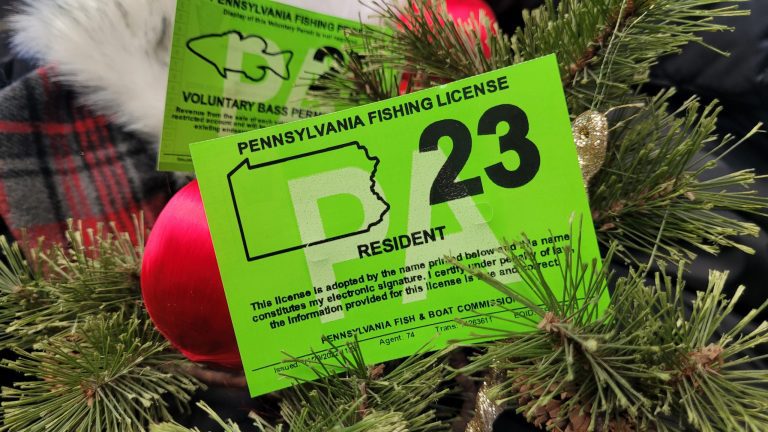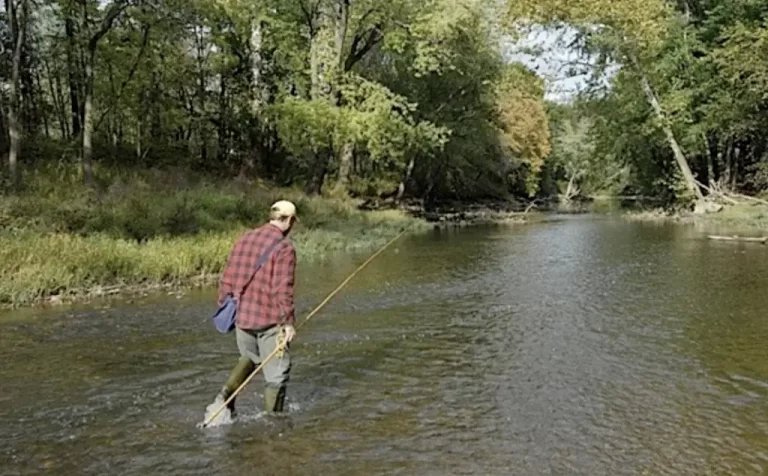Obtaining a fishing license in Vermont is essential for anyone looking to enjoy the state’s rich fishing opportunities. This guide will provide you with all the necessary information on how to get a fishing license in Vermont for 2024, including the types of licenses available, costs, purchasing methods, and specific regulations.
Types of Fishing Licenses
Vermont offers a variety of fishing licenses to cater to different needs:
Resident Licenses:
- Annual Fishing License: $28.00
- Youth Fishing License (ages 15-17): $8.00
- Five-Year Fishing License: $134.00
- Combination Hunting and Fishing License: $47.00
- Five-Year Combination License: $229.00
- Permanent Licenses (residents 66 or older): $60.00
Non-Resident Licenses:
- Annual Fishing License: $54.00
- Youth Fishing License (ages 15-17): $15.00
- One-Day Fishing License: $21.00
- Three-Day Fishing License: $23.00
- Seven-Day Fishing License: $31.00
- Combination Hunting and Fishing License: $143.00
- Five-Year Combination License: $709.00
Special Licenses:
- Lifetime Licenses: Prices vary based on age and residency.
- Free Licenses: Available for legally blind residents, residents with paraplegia, and veterans with a 60% service-connected disability.
Purchasing Methods
There are several convenient ways to purchase a fishing license in Vermont:
Online:
- Visit the Vermont Fish and Wildlife Department’s website. You will need Adobe Acrobat Reader and a credit card (Visa, Discover, or MasterCard). Optionally, have your Conservation Identification Number (CID) ready.
In-Person:
- Visit one of the district offices or authorized license agents. A list of agents is available on the Vermont Fish and Wildlife Department’s website or by calling (802) 828-1190.
Mail:
- Print a license application from the Vermont Fish and Wildlife Department’s website, fill it out, and send it with your payment.
Phone:
- Call the department’s licensing unit at (802) 828-1190 for assistance.
Requirements and Regulations
- Personal Information: Ensure your personal information, such as your address, is up to date.
- Photo ID: Carry a photo ID whenever you go fishing.
- License Possession: Carry your license (printed or digital) while fishing. Minors must carry a paper license signed by a parent or guardian.
- Free Fishing Days: The second Saturday in June and the last Saturday in January are Free Fishing Days when residents and non-residents can fish without a license.
Conservation and Regulations
Fishing license fees support conservation efforts, habitat restoration, and public access to fishing opportunities. Vermont has specific regulations to protect fish populations, including size limits, bag limits, and fishing seasons. Always check the current regulations for the species and waterway you plan to fish.
Conclusion
Acquiring a fishing license in Vermont is a simple process that contributes to the conservation of the state’s natural resources. Whether you are a resident or a visitor, there are various license options to suit your needs. By following the steps outlined above, you can ensure a legal and enjoyable fishing experience in Vermont’s beautiful waters.
For more detailed information, visit the Vermont Fish and Wildlife Department’s website or contact their licensing unit. Happy fishing!
Additional Information
License Fees and Types
Vermont offers a range of licenses to accommodate different fishing needs and durations. Here is a detailed breakdown of the fees:
| License Type | Resident | Non-Resident |
|---|---|---|
| Annual Fishing License | $28.00 | $54.00 |
| Youth Fishing License (ages 15-17) | $8.00 | $15.00 |
| One-Day Fishing License | N/A | $21.00 |
| Three-Day Fishing License | N/A | $23.00 |
| Seven-Day Fishing License | N/A | $31.00 |
| Five-Year Fishing License | $134.00 | $264.00 |
| Combination Hunting and Fishing License | $47.00 | $143.00 |
| Five-Year Combination License | $229.00 | $709.00 |
| Lifetime License | Varies by age | Varies by age |
Conservation Efforts
License sales have significantly contributed to Vermont’s conservation successes. Funds from license sales help manage habitats for game species like the white-tailed deer and black bear and restore populations of bald eagles and common loons.
How to Update Existing Licenses
Existing five-year, permanent, or lifetime licenses can be updated online starting January 1. License buyers can also add a $15 Habitat Stamp to their purchase to further support habitat conservation in Vermont.
Contact Information
For any questions or additional information, you can contact the Vermont Fish and Wildlife Department:
- Phone: 802-828-1190
- Email: [email protected]
By following these guidelines, you can ensure a smooth process for obtaining your fishing license and contribute to the conservation of Vermont’s natural resources.
